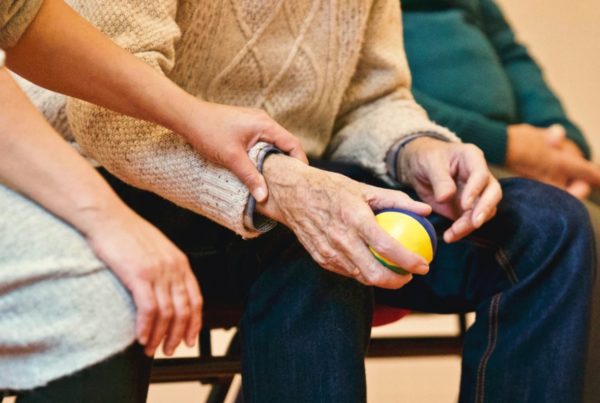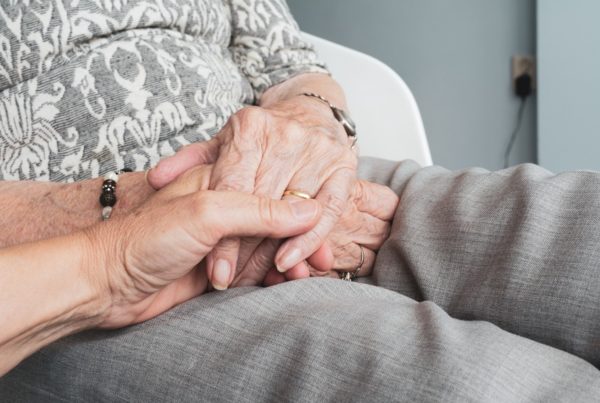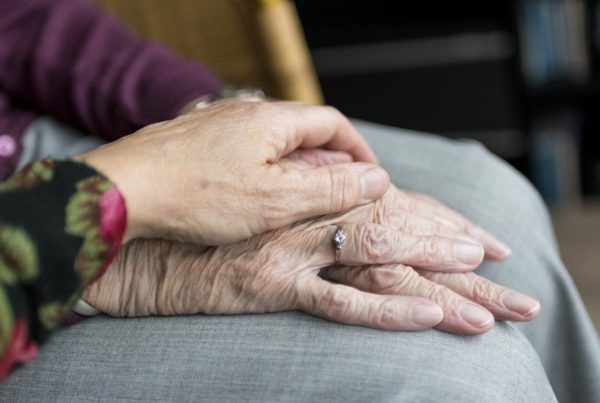A guide to choosing the right level of care for an elderly relative
Once you have come to the decision with an elderly relative who is struggling to cope alone, that getting them some help would enable them to continue to have the freedom of independent living, you will need to start thinking about what level of care they will need. This article aims to help you in choosing the right level of care for an elderly family member.
The level of care your elderly relative or older adult friend will require depends on their current health, mobility, and ability to do day-to-day tasks. You will also need to take into account their social needs.
All levels of care require a care and support plan to be created with the person who will be receiving the care. This is usually carried out by the home care provider. The care and support plan aims to achieve positive outcomes for the person. It should enable and encourage independence, support lifestyle choices, be personalised and cover both the needs and wishes of your relative.
There are three levels of home care, each offering different benefits. The three types of support are; visiting home care, live-in care, and specialist care for complex healthcare needs.
Visiting home care
A visiting home care service offers scheduled or ad hoc and emergency care and support visits to people in their own home on an hourly basis. Visiting care is commonly required several times a day; mornings, lunch times, and evenings.
Reasons to choose visiting home care
You may choose visiting home care if your elderly relative is:
- Struggling with some daily tasks but is happy to keep themselves busy most of the day
- Needs help a couple of times a week with socialising or attending appointments
- Needs someone to collect shopping, prescriptions, and do some tasks around the home
- Would benefit from some companionship
- Has difficulty washing and dressing or other personal care tasks
- The main carer needs respite cover
- Needs support when returning home following a hospital admission
What a visiting Home Care Assistant helps with
A Care Assistant will visit, complete the support needs that have been outlined in the care and support plan. This time will be quality time that your elderly relative will soon become accustomed to and look forward to spending time with their assistant.
The Care Assistant can support your elderly relative with:
- Helping your relative get out of bed if mobility is limited
- Washing and dressing
- Helping with commodes; emptying and cleaning
- Preparing and serving breakfast, lunch, afternoon tea, dinner, and supper
- Assisting with medications
- Collecting prescriptions
- Helping to attend medical appointments
- Help around the home, like laundry, vacuuming and changing bed sheets
- Getting out and about in the community and socialising
Live in care
A live-in care service provides care and companionship throughout the day and emergency support at night for your elderly relative. Ensuring they are safe, secure, and well cared for at any time of the day or night.
It’s a popular choice as it’s a cost-effective alternative to residential care. Live in care offers your relative the choice to stay in their own home. It also means they won’t feel as lonely because the live-in carer will be selected based on their interests and what they like to talk about. The carer will also respect your relative’s existing routines and lifestyle choices.
The benefits of a live-in carer include;
- Spotting any decline in health, or early signs of health changes so they can be treated quickly.
- Round-the-clock safety, which is especially important for people receiving dementia care.
- Being able to keep pets and having someone to help care for them by feeding, walking, cleaning
- Continuing to enjoy their local community and current lifestyle with the freedom to get out and about or welcome friends at home.
Reasons to choose live-in care
You may choose live-in care if your elderly relative:
- Needs 24-hour support but wishes to stay in their own home
- Has progressed dementia and visiting care is not enough anymore
- Needs prompting to take medication, assistance with diary keeping and preparing shopping lists
- Wakes up in the night feeling afraid occasionally (this is quite common)
- Is living alone, and feeling lonely and isolated
- Has health needs that require support and monitoring through the day and night
- You want to feel reassured that your relative is safe, has company, and has all their needs supported, day or night.
- Has a terminal illness or complex health needs, which necessitates health care professionals visiting the home on a regulated basis.
- Returning home from hospital for convalescence following an injury or illness
What a Live-in carer helps with
A live-in carer can offer all of the same help that a visiting Home Care Assistant can provide. If your relative’s care needs are more complex, they will be provided with a suitably trained carer.
Specialist and complex healthcare at home
Specialist and complex healthcare at home is a nurse led service, offering support for more complex medical needs.
Reasons to choose specialist care
You might choose this level of support if your relative:
- Has an acquired brain injury or any complex health conditions
- Wishes to stay at home when facing the end of their life
- Needs a nursing care service wishes to stay at home
- Rehabilitation following a stroke
What a Healthcare Assistant help with
A Healthcare Assistant is trained and supervised by a Nurse, the nurse monitors the service, ensuring medical standards are met. The Healthcare assistant can offer everything that is needed medically.
Often care services will be combined, or as the needs of your relative change, you may move from visiting care, to live-in care, and then a live-in complex care service. Every situation is different and MyLife can help you with choosing the right level of care for an elderly relative.




